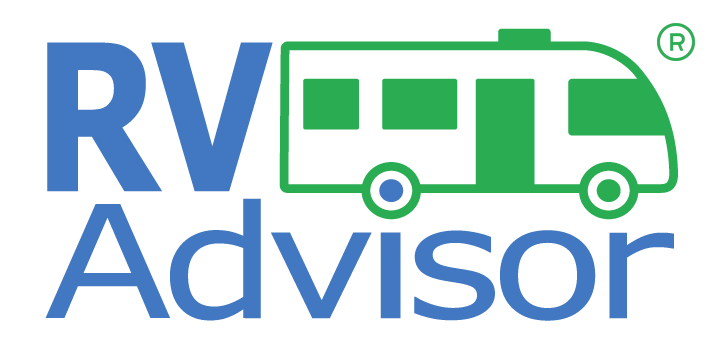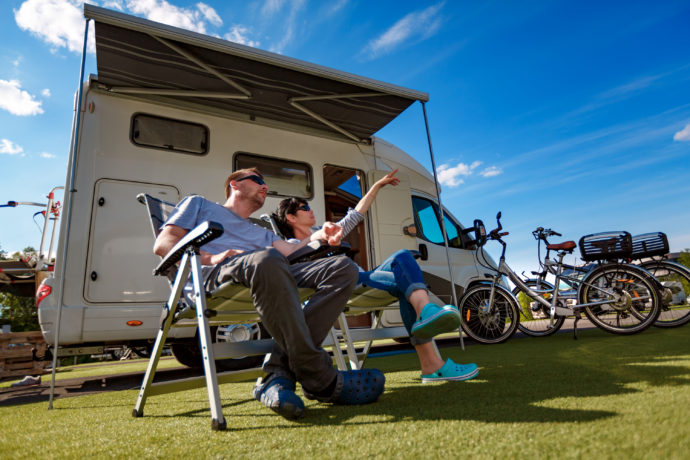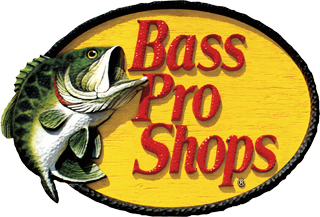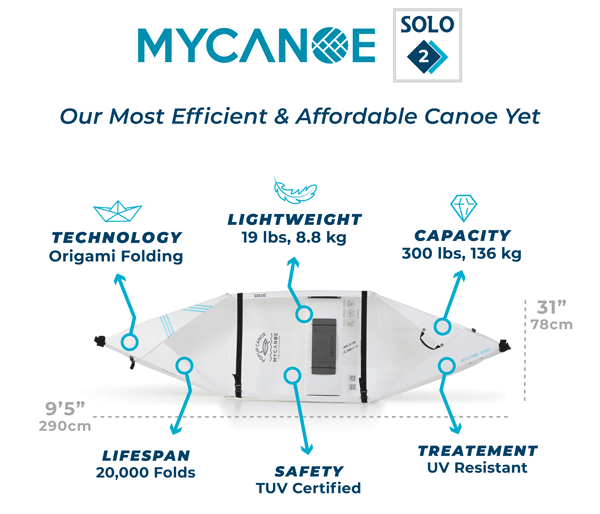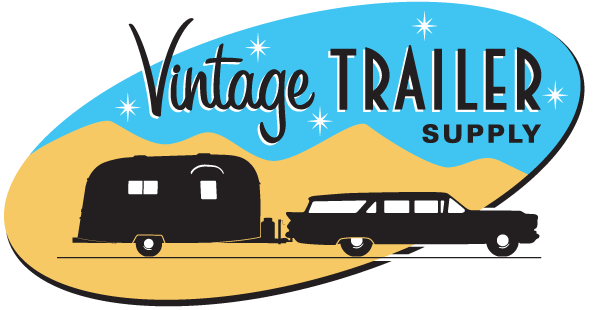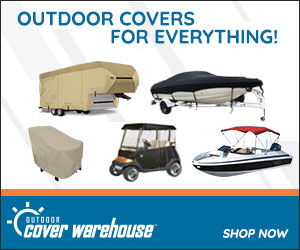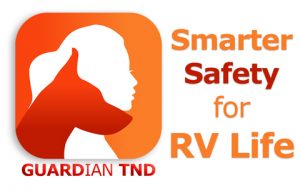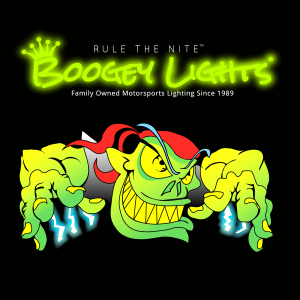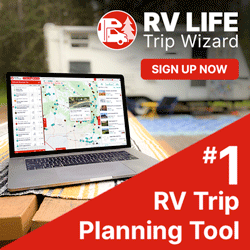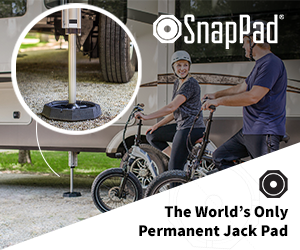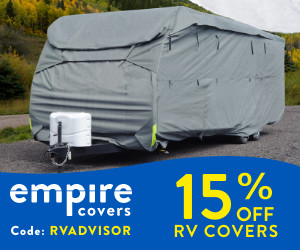Have fun, but be cautious
While having fun is a mandatory part of a camping trip, we shouldn’t forget the dangers that are involved. We’re out in the wilderness, sometimes in locales we’re not familiar with, where anything can happen. Sometimes we’ve had to hike to where we’re staying, and getting back to our RV takes a bit of walking to accomplish. We want to make sure the fun we’re having doesn’t put us in danger so we’re not stuck in a situation we’re unable to handle. Injury in the woods can quickly turn life threatening. Use these tips to keep safe so you can enjoy many more camping trips to come.
It all starts with awareness
Awareness when camping covers many fronts, not just being aware of where you set your foot. Many things can change in the blink of an eye when you’re camping, so you’ll want to be sure you’re aware of your environment and yourself at all times.
Park rangers can tell you a lot about the environment and what you should keep an eye out for during your stay. Make sure you ask them about any animal sightings in the area so you know what to be on the lookout for. Keep an eye on the temperature and the weather, and make sure you’ve packed for many occurrences, including heat and cold. Always bring your first aid kit.
It’s important that you keep an eye on how others who are with you are doing. Make sure they don’t look like they’re getting too tired or too warm. Are they looking ill? Are they gasping for air? Your keeping an eye on them as well as yourself and attending to any abnormalities that you see will help ensure that everyone has fun and no one has to bail out early.
Be safe while hiking
Awareness extends to hiking as well, but there are other things to consider when you’re hiking.
- Water: Did you bring enough for everyone or bring equipment to make raw water potable?
- Shoes: What condition are your shoes in? Are they meant for hiking? Do they provide enough support to your feet and ankles to keep you safe from injury?
- Terrain: Is the terrain safe? Are there loose rocks where you shouldn’t pass? Are there places where you should take extra care so you don’t slip and fall?
- Clothing: Are your clothes breathable? Are they light enough so you don’t overheat but heavy enough to protect you from the sun? What color are they? Do they reflect the sun or absorb the heat?
- Flares: Did you bring flares in case you get lost or caught out after dark? Does someone at base camp know where you are so they can help organize a rescue party?
- Emergency supplies: Do you have what you will need if you get stuck on the trail overnight? Do you have a blanket? Bear spray? A walkie-talkie?
There are many other supplies you can take and considerations you can make for when you’re hiking. It’s best to consider where you’re camping and where you’re hiking to know what kinds of roadblocks and dangers you may encounter and plan accordingly.
Beware of plants, animals, and bugs
Plants, animals, and bugs may seem like a lot to discuss in one section, but the advice on them can be summed up as follows: keep away. If you don’t know what the plant is, don’t start playing with it. Even if you think you know what it is, don’t touch it unless you’re certain that it’s not harmful. Even variations of plants you may know could be dangerous in different locations.
Don’t encourage animals, don’t try to pet or catch them, and certainly don’t feed them. Feeding animals isn’t as dangerous for you as it is for them. Don’t let them confuse humans with food, or it could endanger their lives.
Bugs can be more than an irritant. Some bugs, such as ticks and mosquitoes, carry disease with them. Always make sure your skin is fully covered and you’re wearing bug repellent to keep the creepy-crawlies away.
Just as you should ensure you’re safe on your camping trip, you should make sure your vehicle is covered when you’re getting to and from your campsite. Our rates are competitive and cover so much more than your RV – from your horse trailer to the possessions you have in storage while you’re enjoying the RV life! Check out our rates and see how you can save on RV insurance!
